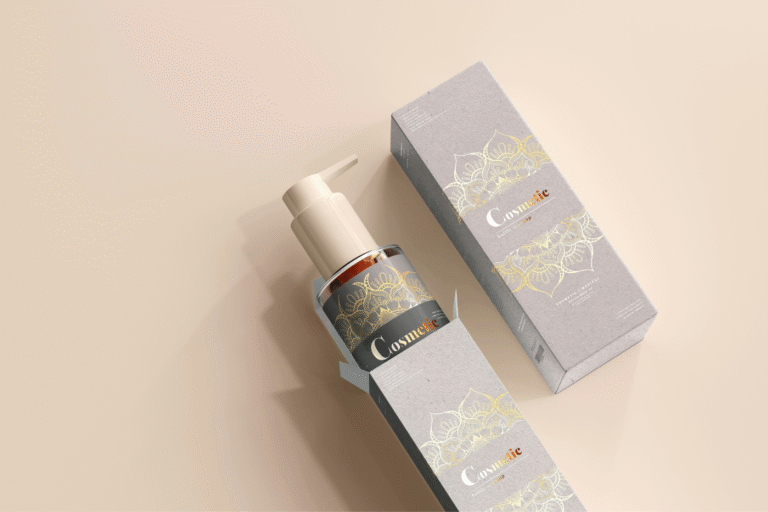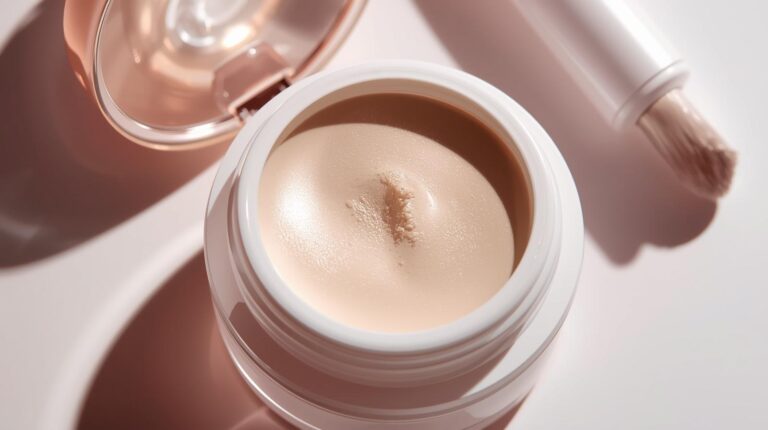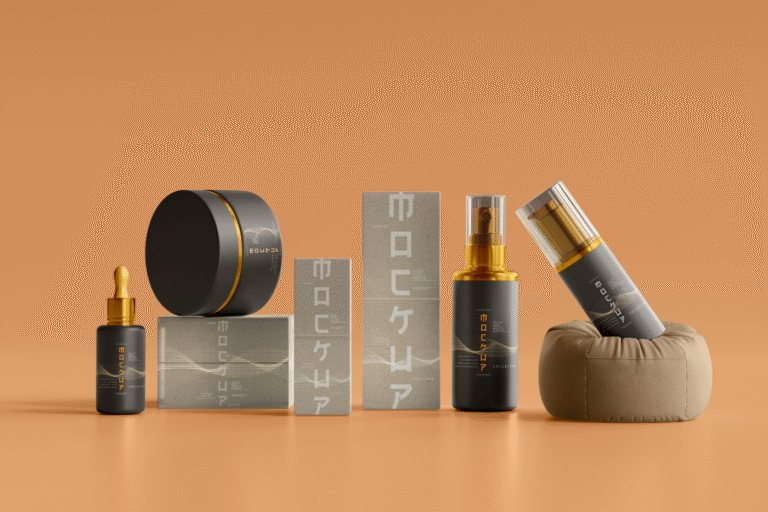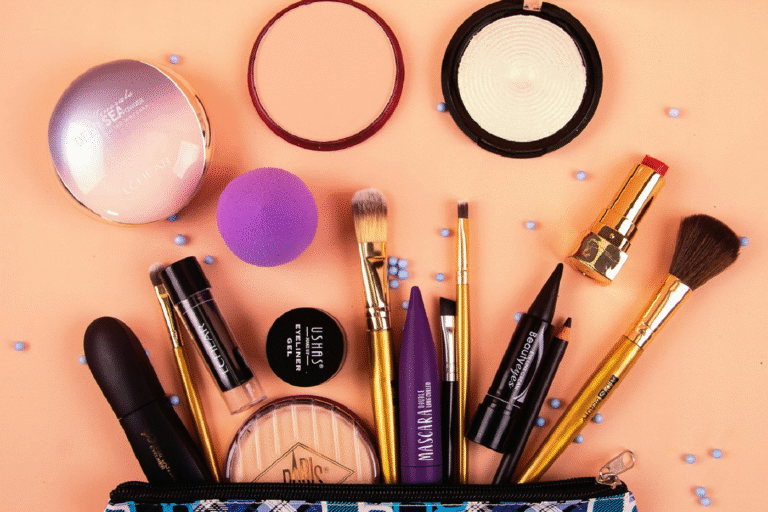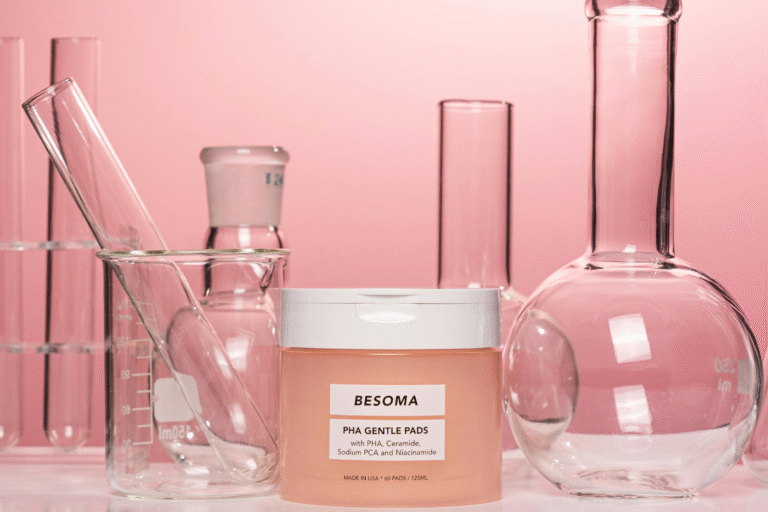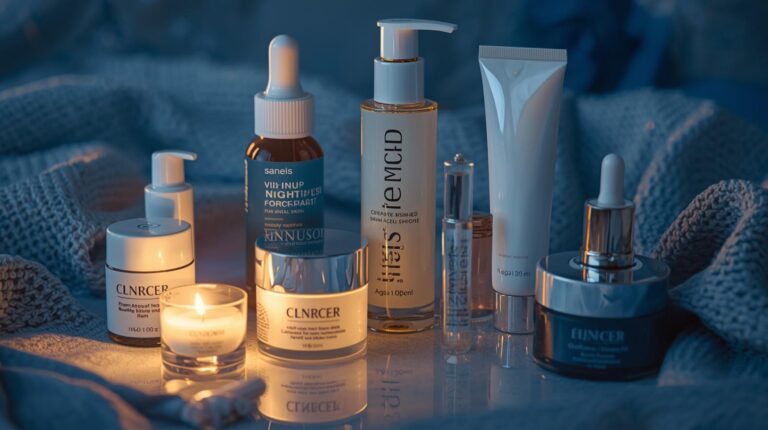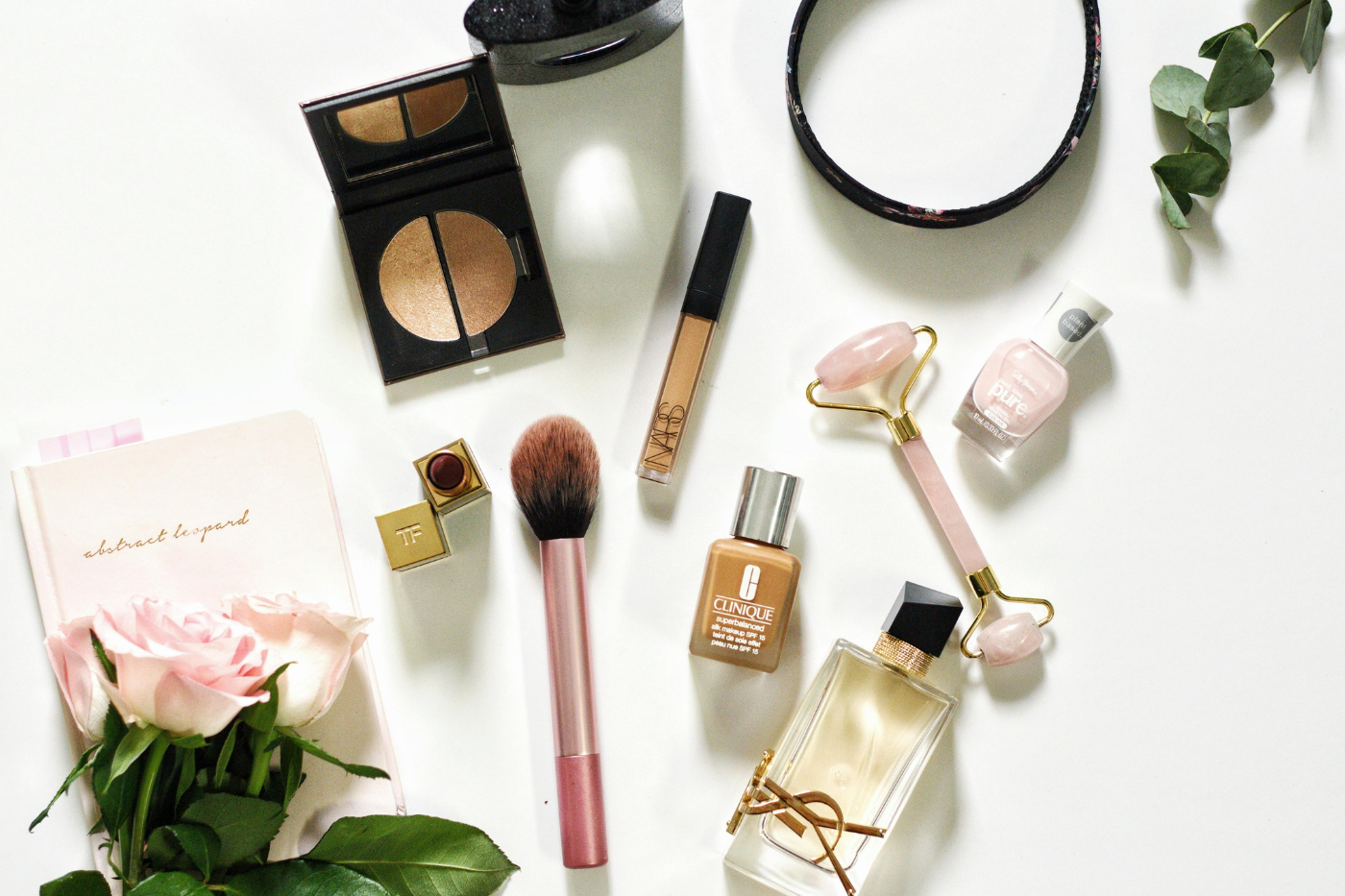
Glow Naturally with Halal Skincare Expert Tips
Introduction
In recent years, conscious beauty has become a major priority for consumers around the world. Many are no longer satisfied with products that only deliver visible results—they also demand transparency, ethics, and safety. For those seeking both efficacy and ethical integrity, halal skincare offers a thoughtful solution. It aligns with religious principles while maintaining high standards for ingredient quality, cruelty-free practices, and skin compatibility.
Beyond compliance with religious laws, these products appeal to anyone interested in mindful beauty. With gentle formulations, plant-based ingredients, and the exclusion of harsh chemicals, they are particularly suitable for sensitive or reactive skin. This approach demonstrates that ethical choices and effective skincare can coexist seamlessly, creating routines that nurture skin deeply while reflecting personal values.
Halal Skincare Ingredients
The foundation of halal skincare lies in ingredient integrity. Brands committed to this standard prioritize natural, plant-based components such as rosehip oil, aloe vera, chamomile, and jojoba oil. These ingredients are chosen for their ability to hydrate, soothe, and protect skin without causing irritation or long-term damage. Products also avoid alcohol, synthetic fragrances, and animal derivatives not compliant with halal principles.
This careful selection ensures that users receive skincare that is both safe and effective. Botanical extracts and vitamins support cellular repair, boost hydration, and improve overall skin texture. Unlike many conventional options, halal products emphasize holistic skin health, providing benefits that go beyond surface-level beauty to enhance long-lasting glow and vitality.
Benefits of Halal Skincare
One of the most compelling advantages of halal skincare is its ethical and cruelty-free nature. Many brands abstain from animal testing, ensuring that every product is created with respect for living beings. This ethical approach resonates strongly with conscious consumers who prioritize responsibility and sustainability in their purchasing decisions.
In addition to ethical advantages, these products are gentle and compatible with various skin types. Free from harsh chemicals and alcohol, they minimize irritation, dryness, and sensitivity. Many formulations also include antioxidant-rich botanicals and vitamins that nourish the skin deeply, promoting a healthy complexion over time. This combination of ethics and efficacy makes them an ideal choice for long-term skin wellness.
Building a Halal Skincare Routine
A well-rounded routine starts with cleansing, using a gentle face wash that removes impurities while preserving natural oils. This step is followed by an alcohol-free toner that restores pH balance and prepares the skin for treatment products, enhancing absorption and boosting overall effectiveness..
Serums or facial oils containing hyaluronic acid, vitamin C, or plant-based antioxidants can target specific concerns such as uneven skin tone, lackluster appearance, or early signs of aging. Moisturizers lock in hydration and strengthen the skin barrier, while sunscreen protects against UV damage. Integrating halal-certified products at every stage ensures that your routine is both effective and aligned with conscious, ethical practices.
Halal Skincare Mistakes
Even the best halal skincare products can fail to deliver results if used incorrectly. One common mistake is over-exfoliation, which can strip the skin of its natural oils and lead to sensitivity. Many users also select products without considering their skin type, resulting in irritation or breakouts. Another overlooked factor is skipping sunscreen, even the most nourishing halal creams cannot protect the skin from UV harm caused by inadequate sun protection.
Additionally, inconsistency in routines is a frequent error. Skipping steps like toning or moisturizing reduces the overall effectiveness of a regimen. Paying attention to ingredient compatibility and avoiding layering products that may cause reactions are also essential practices. Understanding these common pitfalls helps users maximize the benefits of these products while minimizing potential setbacks.
Right Products for Your Skin
Not all products work equally for every skin type, so it’s important to choose carefully. Oily or acne-prone skin benefits from lightweight, non-comedogenic formulations, while dry or mature skin requires richer creams and oils for deep hydration. Understanding your skin’s specific needs allows you to select products that enhance results while avoiding unnecessary irritation.
Ingredient awareness is equally important. Look for certified halal brands and read labels to ensure quality. Ingredients such as aloe vera, vitamin C, and natural oils provide hydration, protection, and repair without harsh chemicals. By selecting the right products, you create a routine that balances effectiveness with ethical considerations, making skincare both personal and responsible.
Top Halal Skincare Products
Several brands have excelled in delivering effective, certified halal products. Iba halal face glow exfoliating wash offers gentle cleansing with hydration, while Saaf & khaas hydrating moisturizer combines plant-based oils to gently care for sensitive skin.
For treatment steps, Wardah perfect bright serum targets pigmentation and enhances radiance, and Inika organic face oil provides vegan, cruelty-free hydration. These products show that halal skincare is not a compromise but a sophisticated choice that merges luxury, ethics, and efficacy seamlessly.
Halal Skincare in Your Life
Skincare is not just about applying products—it is a reflection of overall lifestyle choices. Integrating these products into your daily routine means making conscious decisions that support not only your skin but also your well-being. Proper hydration, a balanced diet rich in antioxidants, and sufficient sleep enhance the benefits of every product you use. They work best when paired with mindful habits that reduce stress, protect the skin from environmental damage, and promote natural regeneration.
Beyond daily routines, considering seasonal changes is important. During colder months, skin tends to dry out, so richer moisturizers and protective oils can be incorporated. In warmer climates, lightweight, breathable formulations prevent excessive oiliness while maintaining hydration. By adapting your routine to both lifestyle and environmental factors, you create a sustainable and effective regimen that enhances your skin’s resilience and radiance throughout the year.
Future of Halal Skincare
The halal beauty industry is evolving rapidly, with new trends and innovations shaping its future. Consumers increasingly demand clean, vegan, and eco-friendly products that align with both ethical and environmental values. Advanced formulations now include cutting-edge ingredients, sustainable packaging, and multifunctional products that address multiple skin concerns at once.
Emerging brands are exploring novel ingredients, such as superfood extracts and probiotic complexes, to enhance efficacy while maintaining ethical standards. Globally, this market is expanding beyond the Muslim audience, appealing to conscious consumers seeking cruelty-free and sustainable beauty. This forward-looking approach demonstrates that it is not just a niche category—it is a dynamic, innovative segment driving the future of responsible beauty.
Conclusion
This represents a thoughtful approach to modern beauty. It prioritizes safety, ethics, and efficacy, offering products that nurture skin without compromising values. Whether you are sensitive to chemicals, seeking cruelty-free options, or following personal principles, it provides an effective and mindful path to radiant skin.
By adopting a holistic, ethically grounded routine, users invest in long-term skin health while making choices aligned with personal values. This combination of ethical standards, natural ingredients, and professional formulations demonstrates that responsible beauty can be both luxurious and deeply rewarding.
